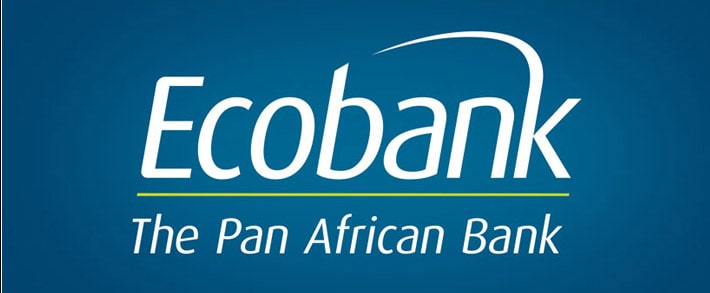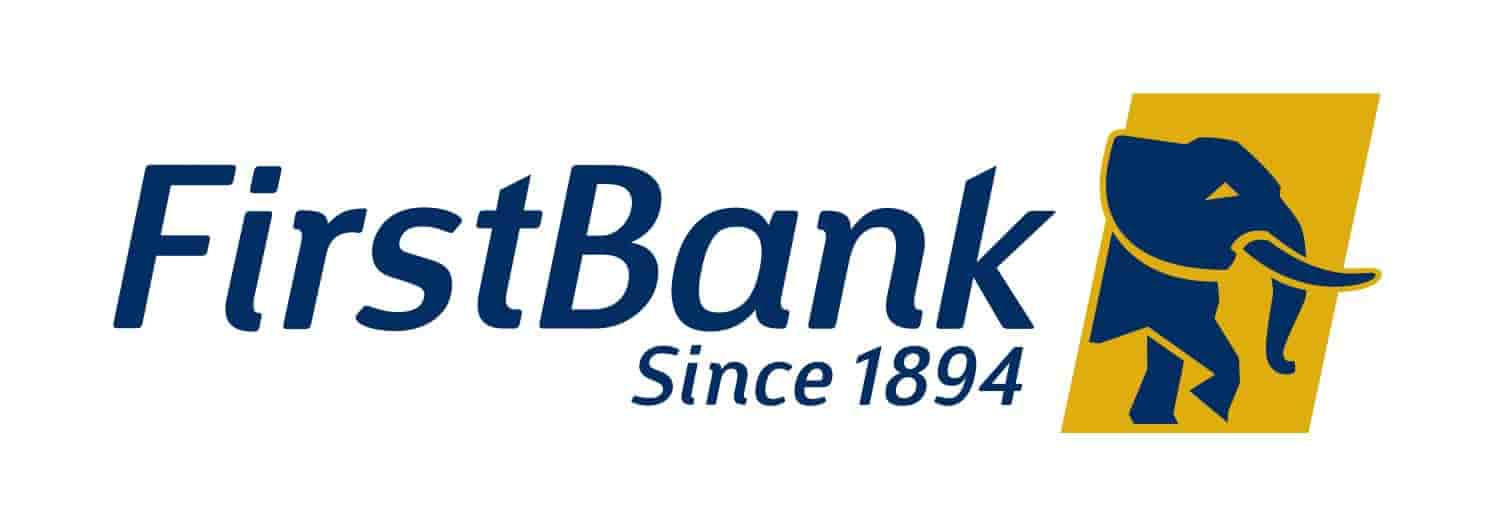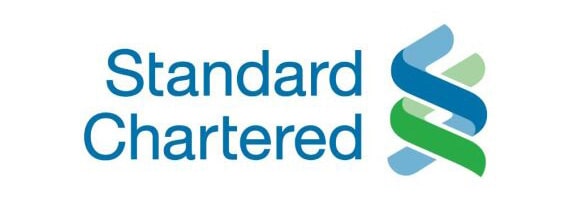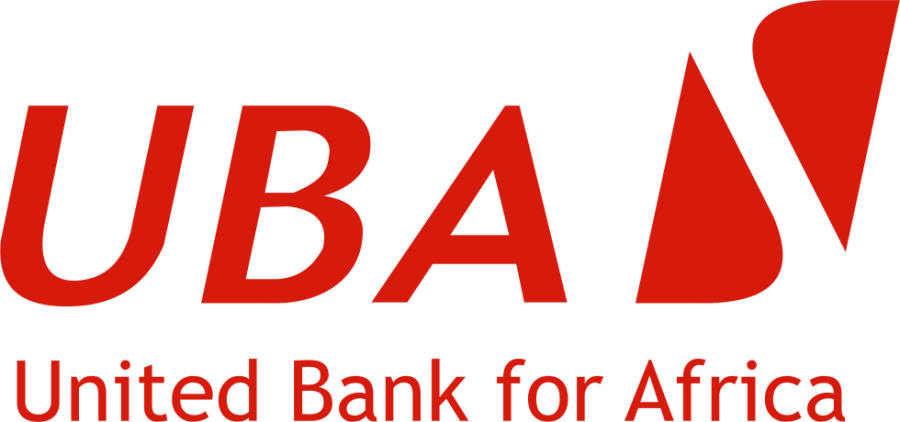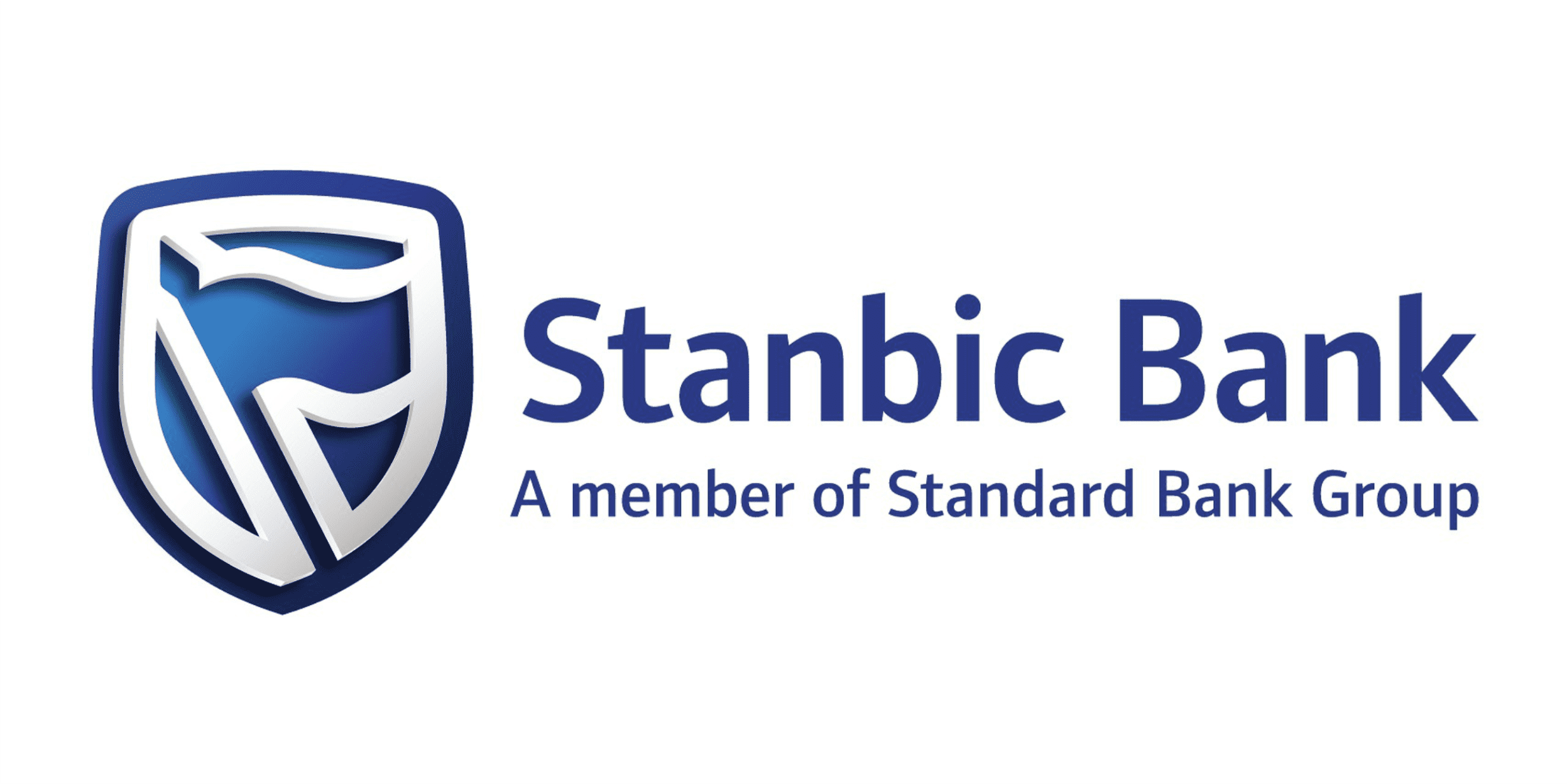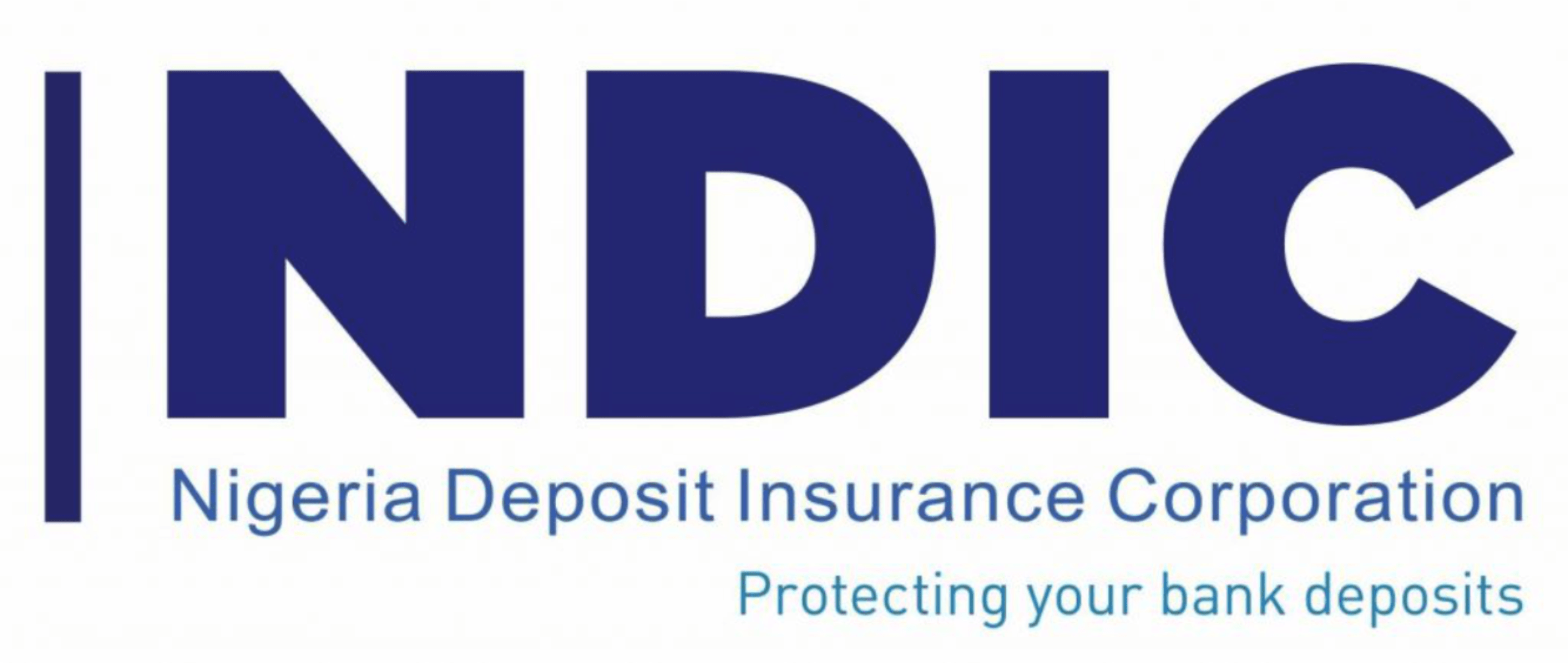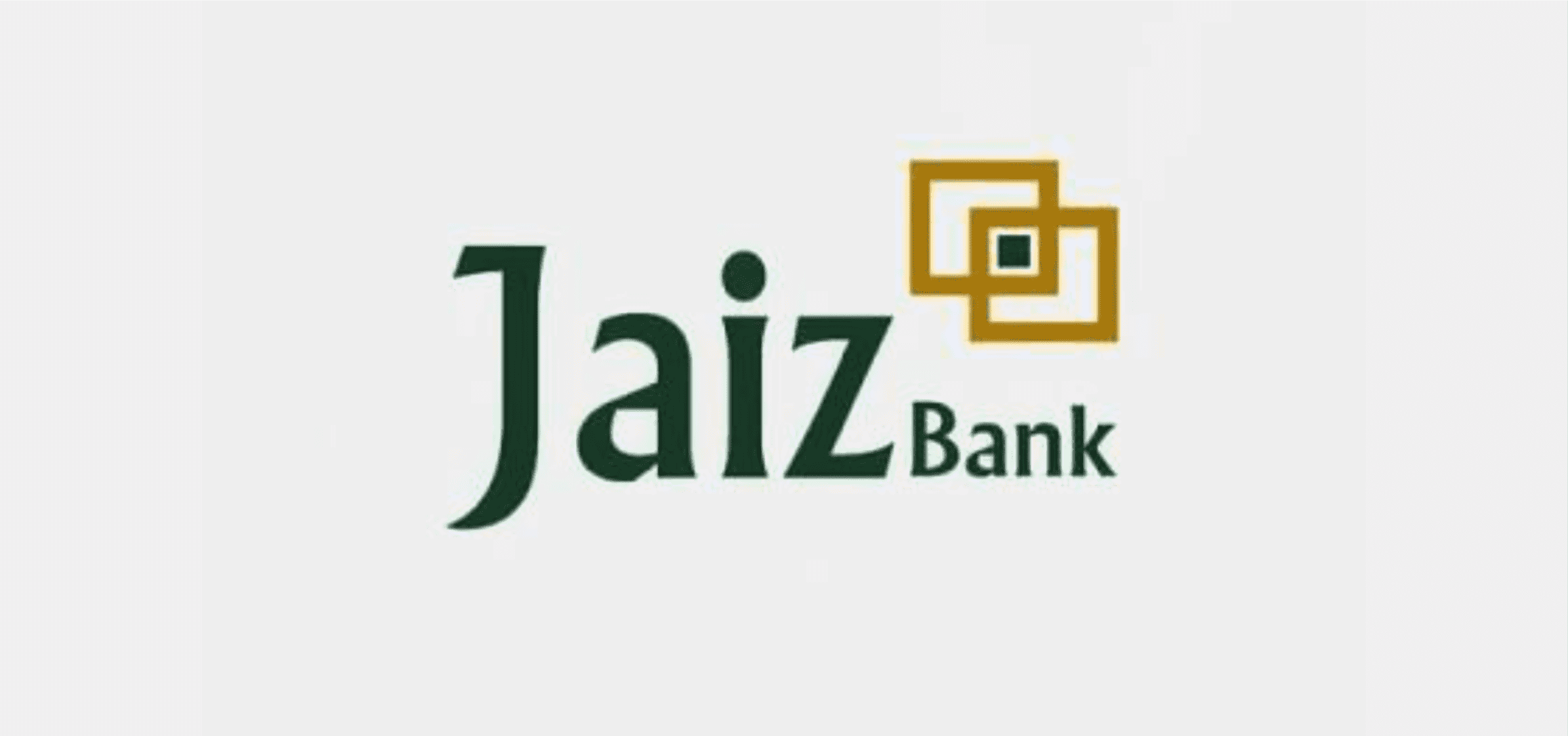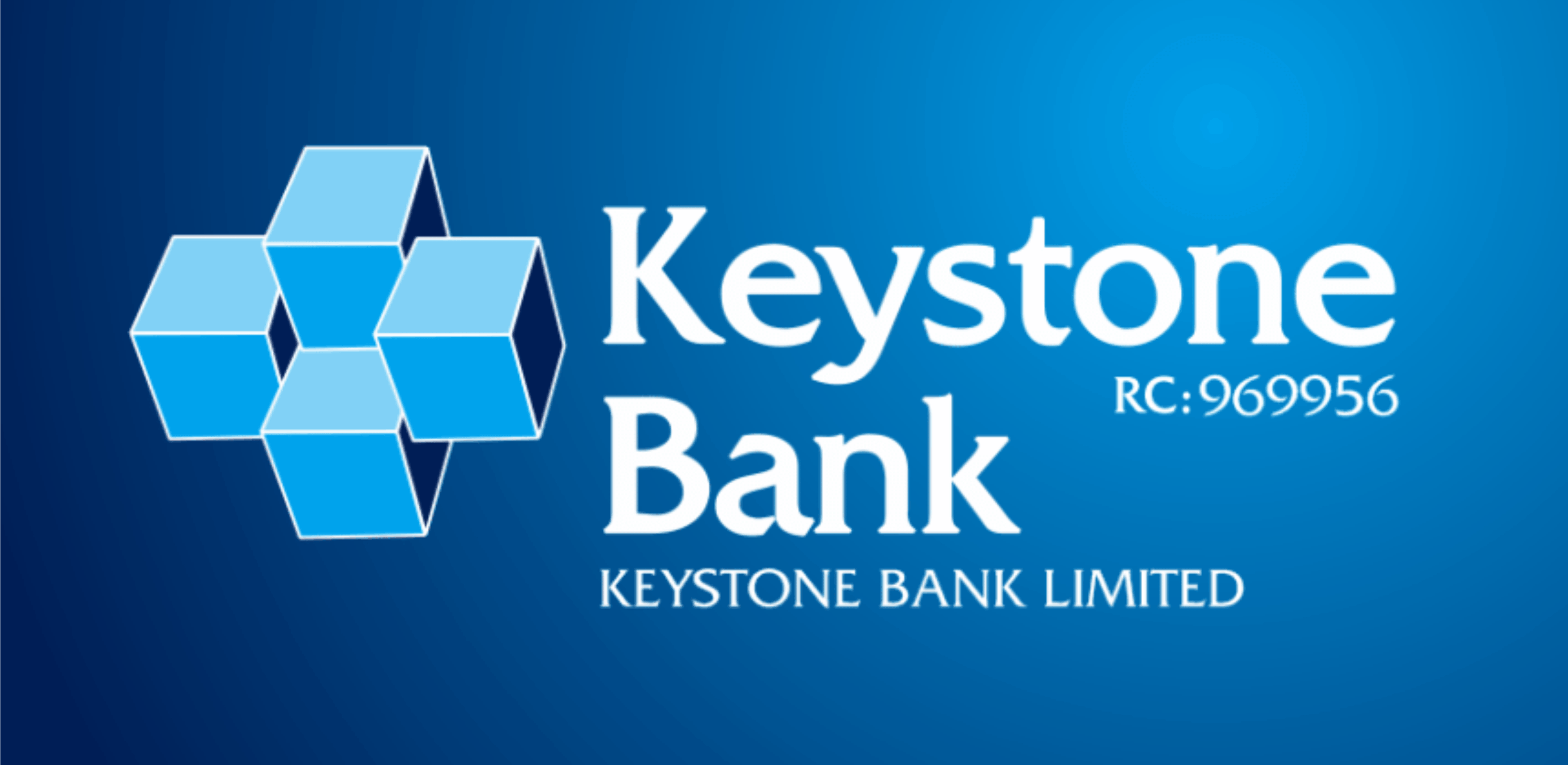Capacity Building and Certification
Demonstrate commitment to professionalism by updating your knowledge and skills at a suitable pace.
The Central Bank of Nigeria (CBN), in November 2012, released the final version of the Competency Framework for the Nigerian Banking Industry. According to the document, “the recent global financial crisis exposed the inadequacy of skills and dearth of executive capacity in the banking industry”. The observed skills gap, which had concomitant effect on banking practices and operations, was blamed on lack of:
-
A coordinated industry-recognised training accreditation and certification system; and
-
Competency standards for practitioners in the industry.
To read the full document, Please CLICK HERE to download.
The objectives of the Competency Framework are contained in the document attached above, however, highlights of the objectives include:
To determine the minimum knowledge, skills and competencies needed for operators and regulators to perform optimally on their various jobs/tasks.
To standardise capacity and competency development with a view to nurturing and producing a knowledgeable, skilled and competent workforce for the Nigerian banking industry
To establish standard competency requirement for each job role to serve as a guide to Nigerian banks for their talent recruitment and development programs.
To ensure that practitioners continually update their knowledge and skills in line with the dictates of their assignments.
High priority is accorded to the continuous enhancement of human capital and lifelong learning to imbue banking professionals with the requisite knowledge, skills and expertise not only at the strategic and management levels but also at the technical and operational levels.
Persons engaged in the various job families/ controlled functions have adequate skills and competences to carry out their roles.
As part of the on-going banking sector reforms, the CBN came up with the Competency Framework to re-direct the banking industry towards the path of entrenching a sequenced competency development programme that will build capacity for the stability of the financial system.
In 2016, the Institute was appointed Sole Accreditation Agency with nine (9) Terms of Reference on the implementation of the scheme as follows:
Develop a framework/guidelines (including a code of conduct) for accrediting Training Service Providers (TSPs) and their programmes and accredit and, where necessary, disaccredit TSPs and their programmes based on the requirements of Section 7.5 of the CF.
Maintain an updated register of Accredited ETSPs, monitor and evaluate the performance of the Accredited ETSPs an ongoing basis.
Collaborate with relevant stakeholders to identify and maintain a record of reputable institutions/certification programmes which qualify for unsolicited accreditation and liaise with relevant professional bodies (local and foreign) on CF issues with a view to ensuring effective implementation of the CF.
Monitor training programmes continually to ensure that they meet set requirements at all times; award credit points for training programmes attended taking into cognizance programme curriculum, duration, quality and relevance as well as the faculty and pedigree of the ETSPs as per Section 6.7 of the CF; and ensure that not more than 60% of the total required credit points accumulated is obtainable through an institution’s in-house training programmes in order to ensure objectivity and credibility in accumulating the required credit points.
Provide inputs for the specification of minimum competencies for job roles, career paths, job descriptions, and training curriculum.
Collaborate with the CBN and other relevant stakeholders on the development of a web-based IT platform to manage the CF database as well as competency guides for the banking industry.
Conduct research into new/emerging CF issues with a view to enhancing capacity building and identify possible industry collaborative initiatives to support competency development efforts of financial institutions and develop business case for identified initiatives.
Annually report activities on the implementation of the CF to the CBN & the Bankers’ Committee.
Carry out such other activities as may be assigned from time to time by the CBN, for the achievement of the objectives of the CF.
Accreditation and Monitoring of Educational Training Service Providers (ETSPs).
Awarding credit points to training programmes of both banks and ETSPs.
Carrying out remedial action for those who did not meet the required credit points.
Accreditation is the process of endorsing or certifying an ETSP and its programmes as suitable for the use of the Banking and Finance industry in line with the Competency Framework.
To ensure that ETSPs have the necessary qualifications, experience, capacity, competence, Faculties, resources, facilities, integrity and credibility to carry out Educational/Training Programmes for the banking and finance industry in Nigeria.
To develop and standardise Education/Training programmes for the banking and finance industry in Nigeria that will drive or foster specialisation in various areas of banking operations.
To ensure that the programmes of ETSPs align with the competency requirement for each job role, not only at the strategic and management levels, but also at the technical and operational levels; leading to an improvement in the quality of the industry’s human capital.
Individual
Institutional
Programmes
Provide assurance that the programmes have met international best practices and benchmarks.
Provide recognition of quality to the registered programmes. Assurance that the accredited programmes are relevant and required.
Improved quality of programmes and consistency.
Provide learning pathway and increase the knowledge and skills base of staff in the industry.
Completion of Accreditation form (Please CLICK HERE to download).
Submission of required documents.
Evaluation of documents in the areas of: vision and mission, educational goals and learning outcomes, curriculum design and delivery, faculties, programme mentoring & review, Leadership, Governance & administration, continual quality improvement.
On-site evaluation for those who have facilities and engagement with those who do not have facilities.
Interaction with Management and Faculty Members of the Institution.
The Accreditation Team submits a report which will be considered by the Capacity Building & Certification Committee who will recommend its position to the Governing Council for approval.
Communication to successful applicants and payment of Accreditation fees.
Grant of Accreditation and Presentation of Certificate.
Monitoring and Review.
| S/N | Category of TSPs | Duration |
|---|---|---|
| 1 | Tertiary Institutions | 5 Years |
| 2 | Bank Academies | 3 Years |
| 3 | ETSPs | 3 Years |

